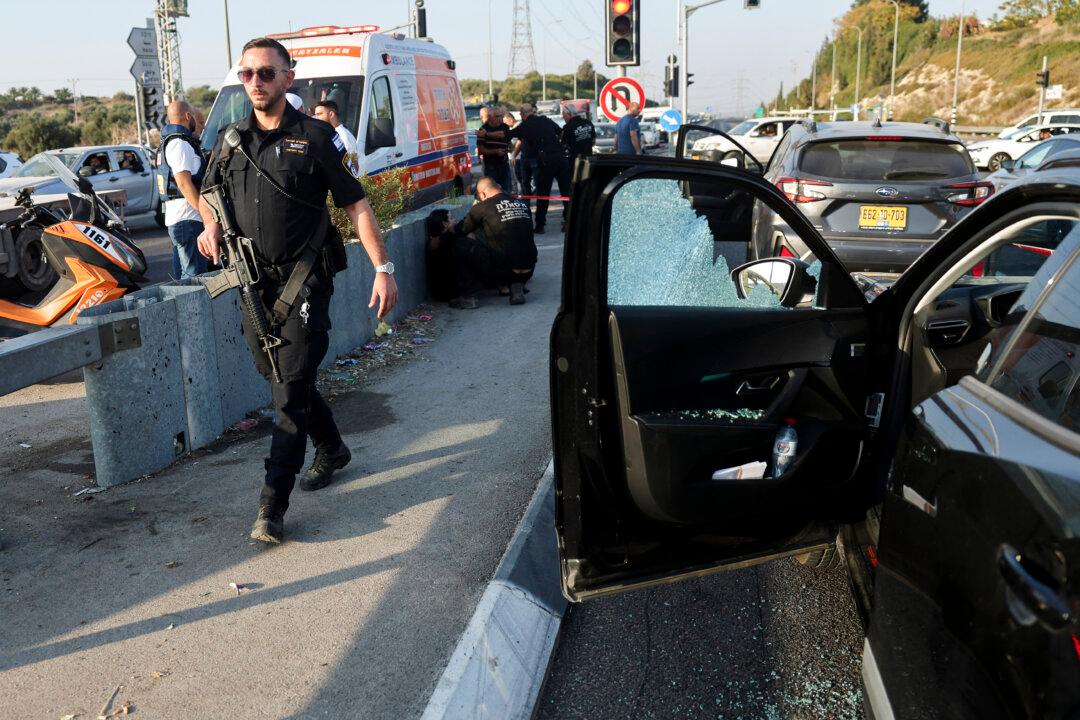Seven people—including four foreign workers and three Israelis—were killed in northern Israel on Thursday following two separate rocket attacks fired from Lebanon by the terrorist group Hezbollah, officials have confirmed.
An Israeli farmer and four Thai agricultural workers were among those killed when rockets landed near Metula, Israel’s northernmost town on the border with Lebanon, Israeli and Thai officials said.




